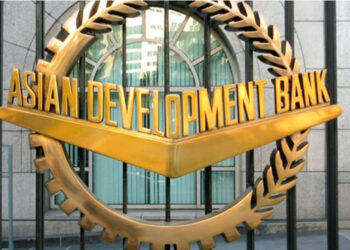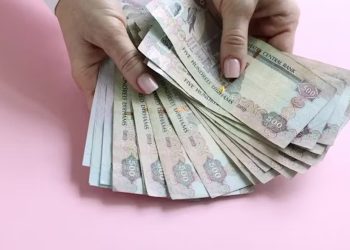ISLAMABAD: Rice Exporters Association of Pakistan (REAP) exporters have expressed serious concerns over the government’s plan to reduce Basmati production and termed the government decision completely irrational.
Following the government’s request to farmers for limiting the production of Basmati rice, Rice Exporters Association of Pakistan (REAP) former vice president, Taufiq Ahmed Khan said, “We do not know the rationale behind limiting the production of Basmati, which is exported to most of the 120 countries with relatively higher prices.
Taufiq Ahmed further said, “The hybrid rice is sold at around $400 per tonne while Basmati is marketed at over $1000 per tonne in the international market. In terms of marketing the new hybrid variant, Pakistan would be competing with around 52 countries whereas, for marketing Basmati rice, the country needed to compete with only one country, India,” he explained.
The exporters have already established an international market for Basmati in Europe and the Middle East where aromatic rice is very popular, he said. By limiting cultivation of the important crop, Pakistan would lose such a lucrative market,” he warned.
Instead of limiting the production of rice, the government should focus on maximizing the production of highly valued variants besides improving the supply chain system, he suggested. According to Taufiq, such negative statements by responsible personalities in the government would harm the country’s case against India.
Earlier, during a press conference regarding the agriculture reform package, PM’s Task Force on Agriculture Chairman, Jamshed Iqbal Cheema had said that the export market frequently required coarse rice however, Pakistani cultivators were addicted to Basmati and would be asked to shift most of the sowing to coarse rice which attracts better price and limit Basmati for local consumption.
It is worth mentioning here that the statement came at a time when Pakistan is fighting a case related to Geographical Indication (GI) tagging for Basmati rice in the European Union against India.
Since Basmati rice fetches higher prices than non-Basmati rice in international markets, India had attempted to block Pakistan’s trade in the European Union by registering as the sole owner of Basmati’s GI. Pakistani basmati also enjoys an edge in European markets as the level of pesticides in our local crop is low as per the EU’s standard as compared to India.
In overall basmati exports, Europe holds a 40 percent share. The commodity is also being exported to Gulf countries, Australia, the US and others. Pakistan produces 7.4m tonnes of rice annually out of which over 4m tonnes is exported while the rest is consumed locally.

































